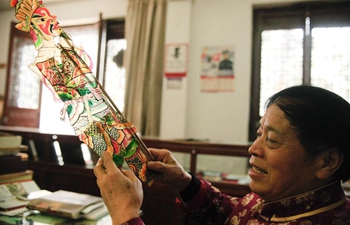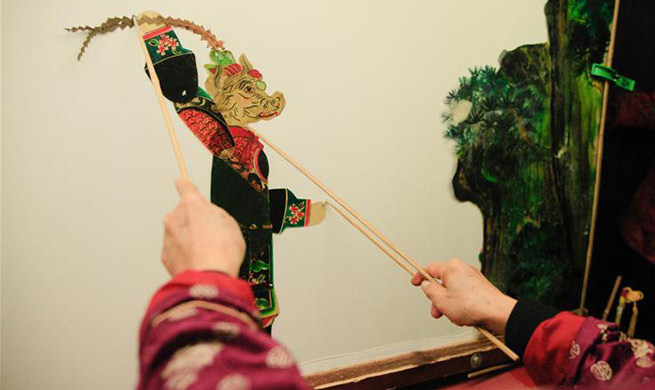SHARM EL-SHEIKH, Egypt, Nov. 23 (Xinhua) -- Malaria researchers in Uganda, Mali and Burkina Faso have embarked on translating their research process into local dialects to engage communities where research on gene drive is based, said a researcher during an ongoing UN biodiversity conference on Friday.
"We have developed a glossary to translate the terminologies that researchers use into local dialects to hasten engagement with local communities one on one," Ugandan researcher Elinor Chemonges said on the sidelines of the UN Biodiversity Conference 2018 held in Egypt's Red Sea resort city of Sharm El-Sheikh.
She pointed out that the initiative aims at ensuring that the beneficiary communities understand the activities undertaken during researches on malaria and are able to raise issues and communicate with the researchers.
Malaria kills about 435,000 people every year, mostly from Africa, while 219 million people were infected globally in 2017, according to a recent report from the World Health Organization.
"We realized that most of the time communities are late in their involvement in research activities that take place within their localities and we decided to change the whole thing and start engaging them early," the researcher said.
Chemonges noted that gene drive research is expected to help address important public health challenges, particularly when target communities are involved from early stages.
The UN Biodiversity Conference 2018 is held from Nov. 13 to 29 in Sharm El-Sheikh with the participation of representatives from about 196 states, under the slogan of "investing in biodiversity for people and plan."













